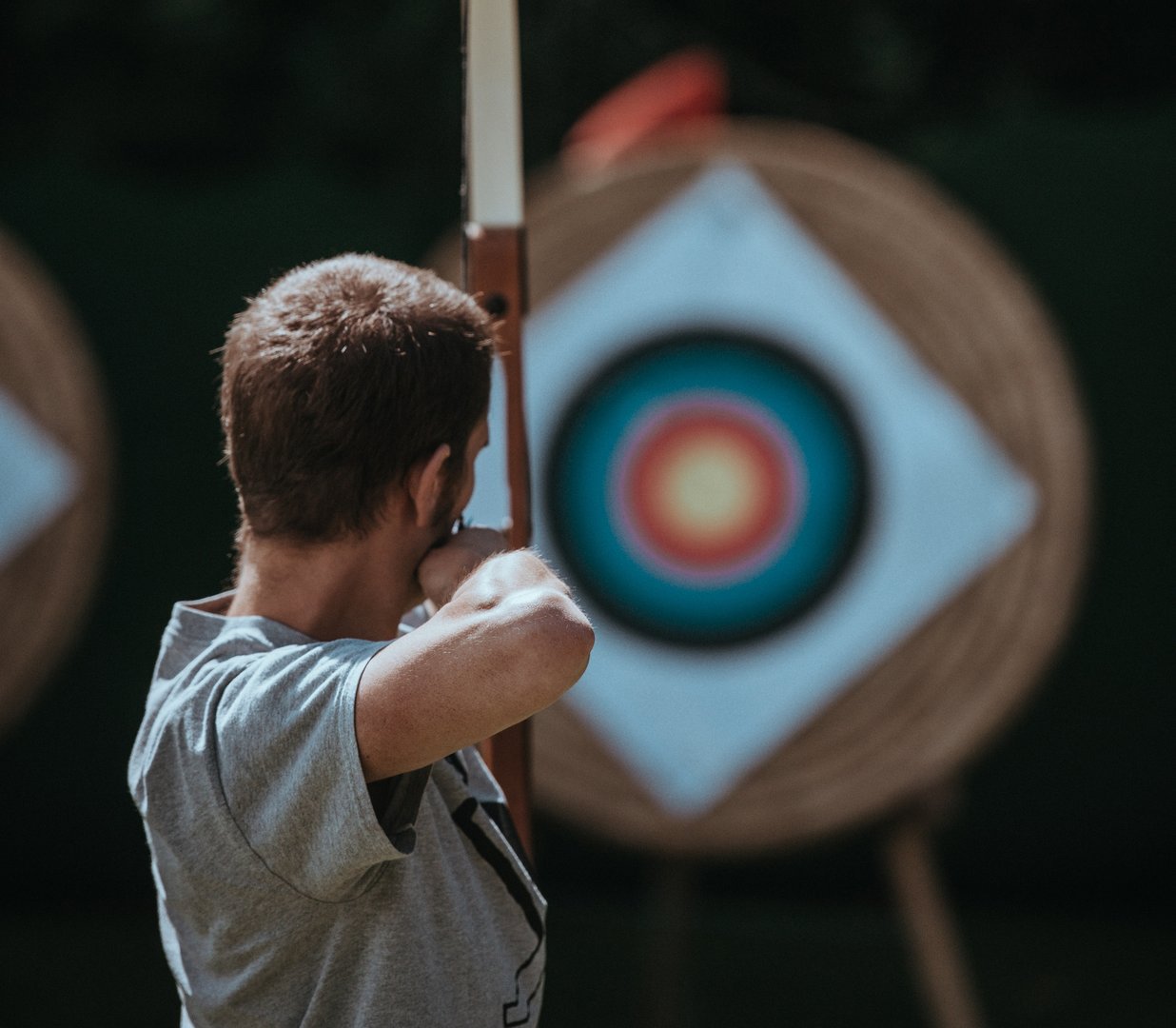Cutting across barriers, eliminating distances and acting as a tool to encourage and promote dialogue, sports is one of the most powerful instruments for bringing people together in today’s society.
With its relevance to all aspects of our lives growing stronger, it doesn’t come as a surprise that sports in schools is gaining recognition at every level of the education system. Cyprus is no exception.
Almost every private school on the island considers sports a fundamental aspect to every student’s curriculum. And students are encouraged to take part in as many sporting activities as possible.
“The importance of sports in our students’ growing process cannot be understated,” sports coordinator and PE teacher at Pascal School in Larnaca Antonis Antonopoulos says.
“Whether they are athletes or not, our students need to take part in the sporting activities we offer. What we are trying to do is help them make the most of them, while teaching them a number of things that will undoubtedly have an impact on their growth as students and as members of our society,” Antonopoulos adds.
“Sport does not only help improve and shape the body, it is also useful to train the brain,” he added. “Look at athletes, they need to take decisions in split seconds and they learn to do it after years of training. So sports is very useful to improve the level of concentration among students.”
“Our school has invested heavily in sports, starting from the facilities. We have swimming pools, indoor gyms, football and futsal pitches, basketball and volleyball courts, and even an area dedicated exclusively to aerobics.
“As educators we all have the same goal. Every single student needs to participate in a sporting activity within school hours and enjoy it, regardless of his level of preparation, predisposition, ability or body type.
The inclusion of all students in their classes during PE lessons is a key aspect for teachers.
He adds that in this way every student finds a way to grow. Those who are more inclined to sports can increase their leadership skills, where others with less natural abilities can improve their overall coordination and, most importantly, their level of confidence.
“The students always respond well to this method. Good athletes are encouraged to help out those who might struggle, so that every party can benefit from the lessons. The method helps them build their characters and makes them better students and, eventually, better people.”
Sports as a means to become a better student is increasingly seen as a central aspect of the education system. Over the years, studies have shown that taking part in sporting activities has a positive effect on students’ academic achievements, as sports psychologist who collaborates with several schools in the country Alexia Skaridou underlines.
“Especially at an early age, PE lessons help students overcome their shyness, their initial doubts. They become more confident and build their maturity. These are important aspects in the children’s formation and PE lessons are the correct tools to encourage their growth,” she says.
“It’s not about the performance. Every student is different, they all have their personalities, their limits and their personal goals. It is about them and how sports can help them overcome difficulties along the way.
“From an academic point of view, based on my experience, I witnessed first-hand how students who are involved in sporting activities usually do well academically.”
Skaridou adds that parents too over the years have understood the role of sports in schools and they are now much more willing to see their children participate in sporting activities.
“They have recognised the value of sports in our school system. This is something relatively new in our country, but we are making strides and we are constantly progressing in this aspect,” she adds.
While every student can enjoy sports and PE at private schools in Cyprus, only a handful, based on their merits, eventually become student athletes.
Being a student athlete undoubtedly requires more discipline and balance.
The amount of work and sacrifice required for such young individuals is not to be overlooked, according to sports coordinator at the Grammar School in Nicosia Marios Pelekanos.
“Our student athletes train four times a week and they do so before the start of their classes. They skip the first two periods in order to train.
“On top of that, they also train in the afternoon, with their clubs or their academies outside the school. They have a packed schedule. It is very demanding and very impressive.
“However, as I keep telling my students, they are very lucky to have these opportunities at hand. Sports in schools is something relatively new in Cyprus and represents an opportunity that students in previous years did not have.”
Pelekanos said the sports programmes offered to student athletes at school not only help them become better academically, but they also help them build up special skills to use when competing for their clubs or academies.
“When they train at school in the morning, they focus on their fitness skills. Competition with other individuals or teams is something that they learn at their clubs. What our school actually offers them is a platform to achieve results academically and to improve in sports for their clubs.”
Pelekanos adds that the student athletes’ training is always decided beforehand with their trainers and coaches at their respective clubs.
“All student athletes have personalised programmes that cater to their needs, their abilities, their schedules and their own club’s demands. We effectively make them better.”
Discipline and a rigorous method of training are paramount to the students, according to Pelekanos, who also says that sports is one of the best tools available for young Cypriots.
“Sporting activities have an enormous benefit for our students. They become disciplined, goal-oriented and responsible, all traits that help them not just succeed in sports, but in life as well.”







Click here to change your cookie preferences